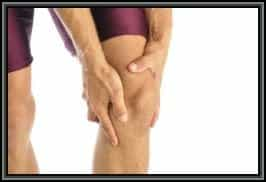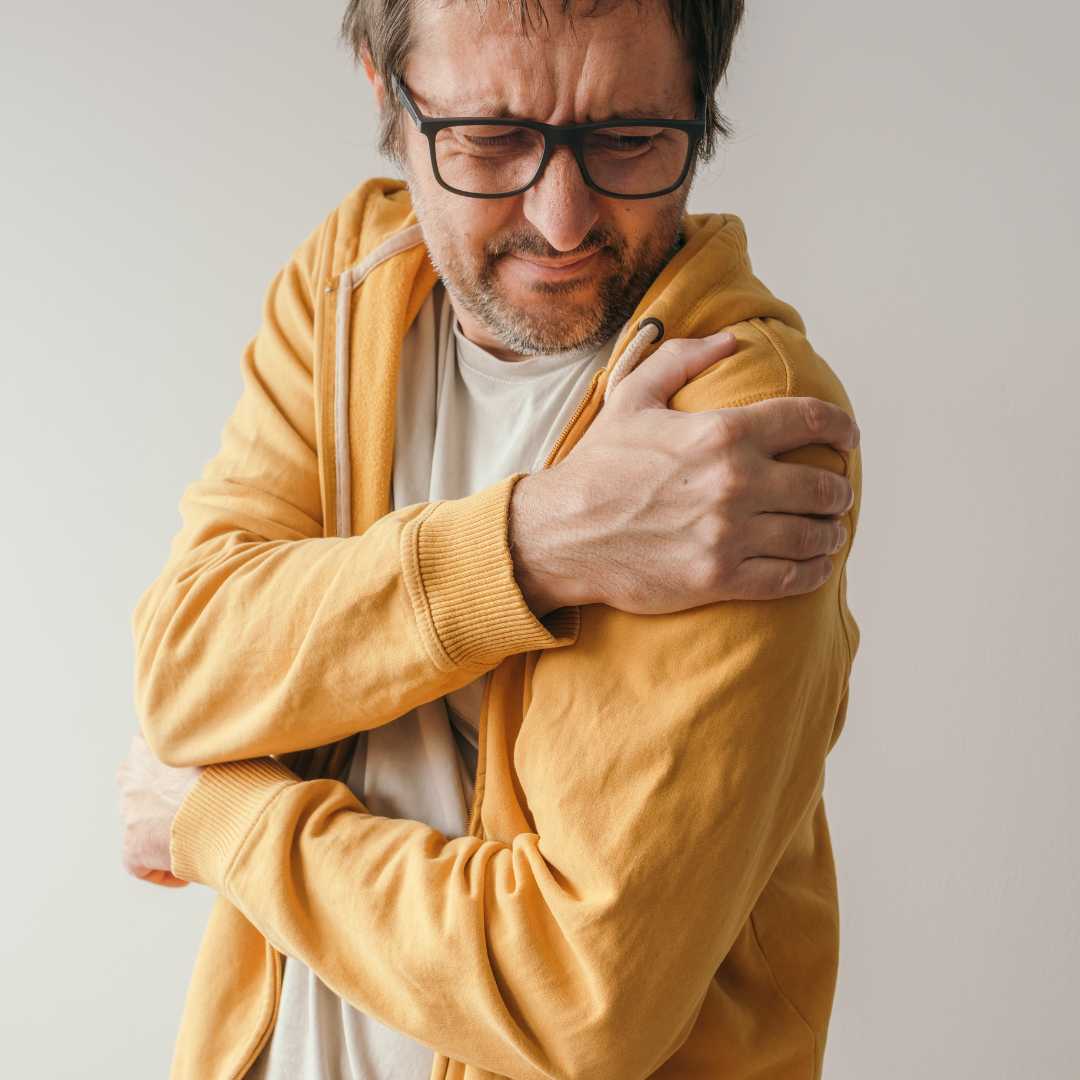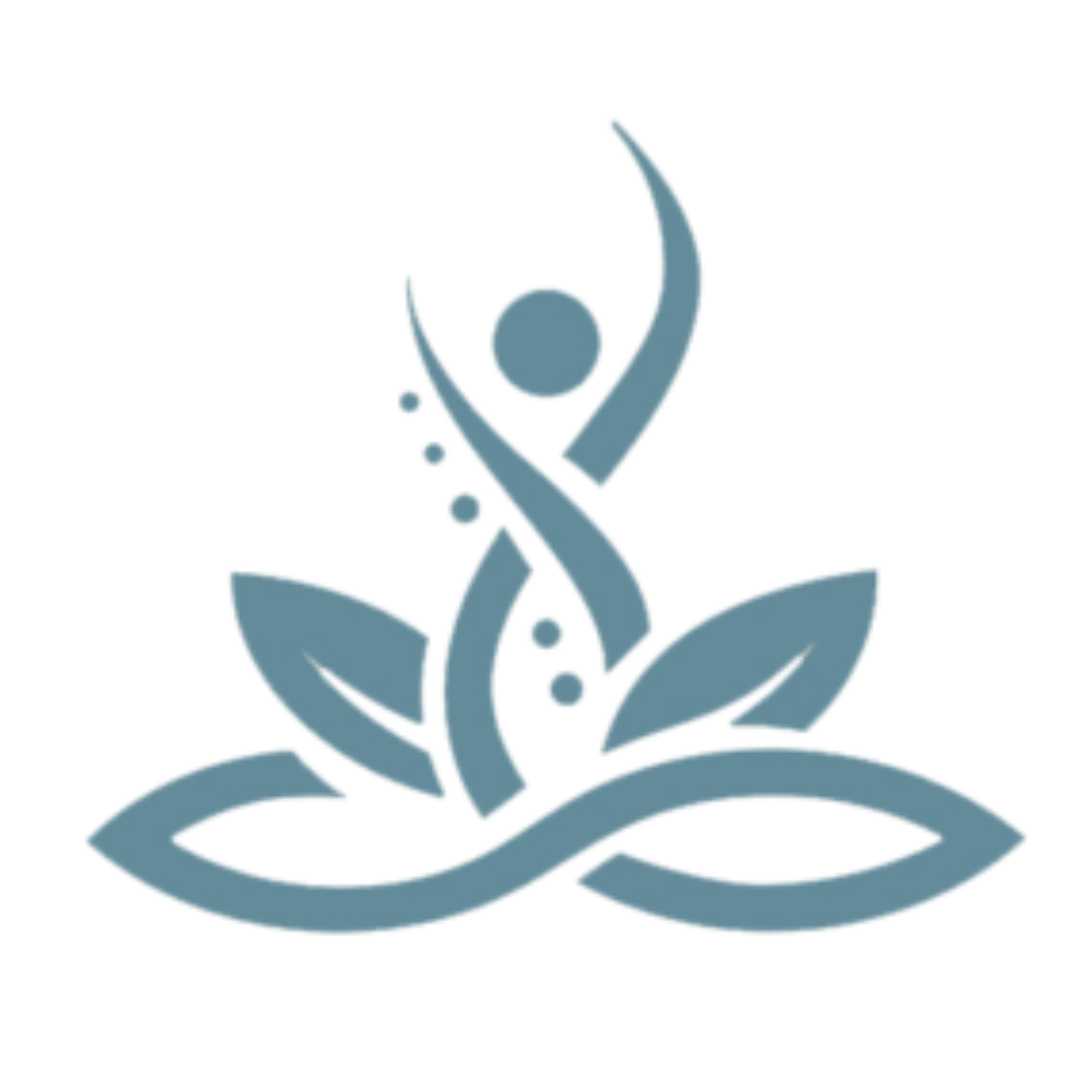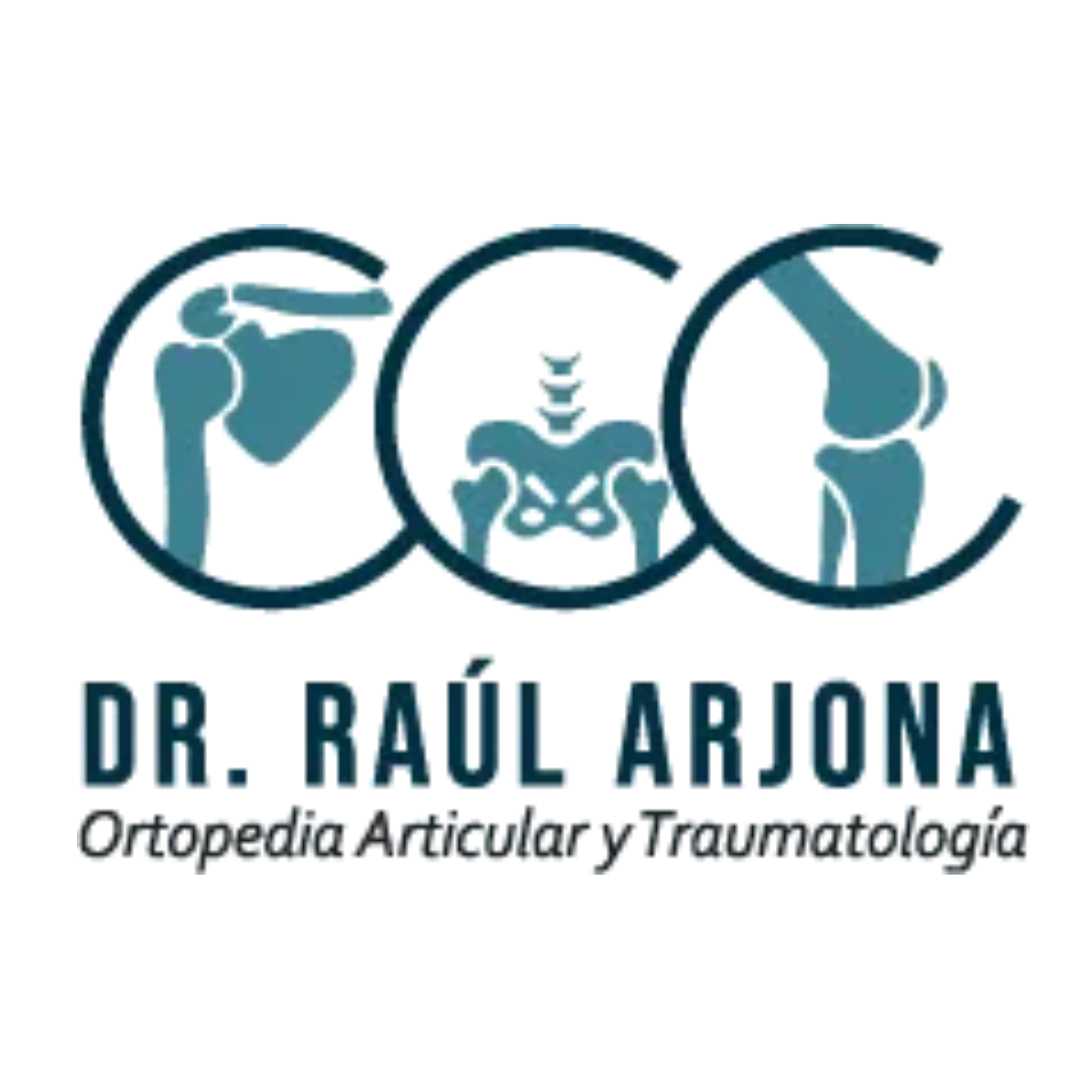 Do I have a bone disease?
Do I have a bone disease?
Arthrosis and Arthritis
Arthritis and arthrosis are both conditions that affect the boney joints in the body. Of the 206 bones in your body, it's likely that as you age, some of them, including your ankles, knees, and hips, start to wear down. It's important for people to remember that arthritis does not just happen to "old people".
What is Arthritis?
.jpg) Arthritis is a medical term that describes inflammation of the joints. There are dozens of different types of arthritis, the most common being osteoarthritis and rheumatoid arthritis. Rheumatoid arthritis is associated with a type of arthritis that so severely damages smaller joints of the fingers and toes that they may end up misaligned. Arthritis eventually leads to damage and gradual destruction to joints in the body, resulting in a limited range of motion, ability, and even disabilities.
Arthritis is a medical term that describes inflammation of the joints. There are dozens of different types of arthritis, the most common being osteoarthritis and rheumatoid arthritis. Rheumatoid arthritis is associated with a type of arthritis that so severely damages smaller joints of the fingers and toes that they may end up misaligned. Arthritis eventually leads to damage and gradual destruction to joints in the body, resulting in a limited range of motion, ability, and even disabilities.
Osteoarthritis is classified as a joint disease commonly found in older individuals, caused by degenerative joint disease as a result of the gradual breakdown of cartilage that protects the joints. Rheumatoid arthritis is classified as an autoimmune disease, which while it also affects the bones and joints, also affects other tissues in the body. Rheumatoid arthritis is caused when the synovium, or synovial lining membrane found around each joint, becomes inflamed.
What is Arthrosis?
Arthrosis is a medical term defining a non-inflammatory disease of the joint caused by cartilage breakdown. It's another term used for osteoarthritis. Basically, think of it this way. Arthritis is defined as an inflammatory condition that affects the joints, while arthrosis is classified as a degenerative disease of the joint that causes gradual destruction of the joint, the cartilage, and the subchondral bone of that joint.
Which treatment is right for me?
.jpg)
Treatment options depend on the location, severity, and condition of the individual. For example, treatment options for osteoarthritis may include drug therapy, such as the use of non-steroidal anti-inflammatory (NSAID) drugs, splinting or canes, which may help protect the joints from overuse.
Weight loss and physical therapy exercises to improve muscle tone around the affected joint may also help. In some cases, surgery may be recommended to prepare misaligned joints. For some, knee or hip joint replacement procedures may also be viable and effective options for those whose mobility is limited by the condition.
Treatment for rheumatoid arthritis focuses on reducing joint damage and pain relief. Antirheumatic drugs may be prescribed, and corticosteroids may be used to deal with flare-ups. In addition to medications, changes in diet may be recommended, along with rest and exercise. Exercise maintains joint function and helps to relieve pain and stiffness as well as increase bone strength.
Arthritis treatment options also include but are not limited to hyloric acid therapy, which involves injections of a type of acid that serves as a lubricant in the joints. This type of therapy is used to deal with mild to moderate osteoarthritis or arthrosis conditions.
Other options may include the above-mentioned joint replacement known as arthroplasty, joint fusion, or osteotomy, which defines joint preserving surgery that improves joint alignment and stability.
Acupuncture and stem cell therapies are also an option, with new developments underway to provide alternative remedies for arthritis and arthrosis sufferers.
 Cost Considerations
Cost Considerations
Costs for any of the above treatments depend on your geographic location, surgeon, hospital facility, and type of procedure performed.
Finding a doctor that’s right for me
A properly trained, certified and experienced orthopedic surgeon can perform a number of procedures for arthritic. Neurosurgeons or vascular or general surgeons may also be part of the treatment team. All surgeons should be certified in their field of expertise and have obtained membership in regional or national boards or associations in the field of practice in his or her country of origin.
For more information about Arthritis and Arthrosis call us at +1.303.500.3821 or send an e-mail at info@placidway.com.


.jpg)


.png)


.png)








Share this listing